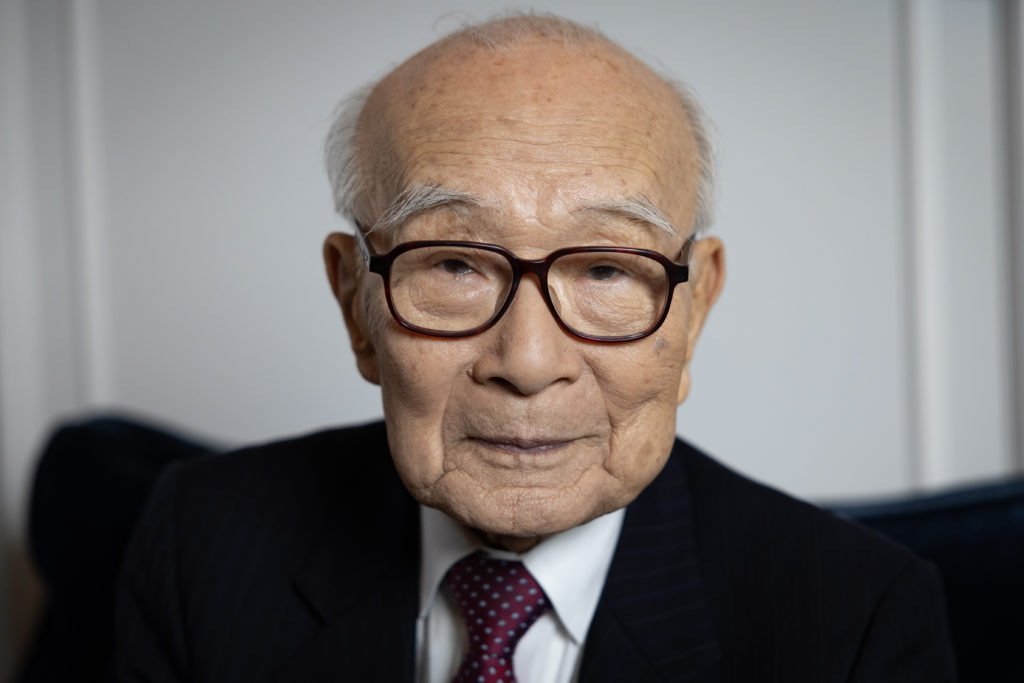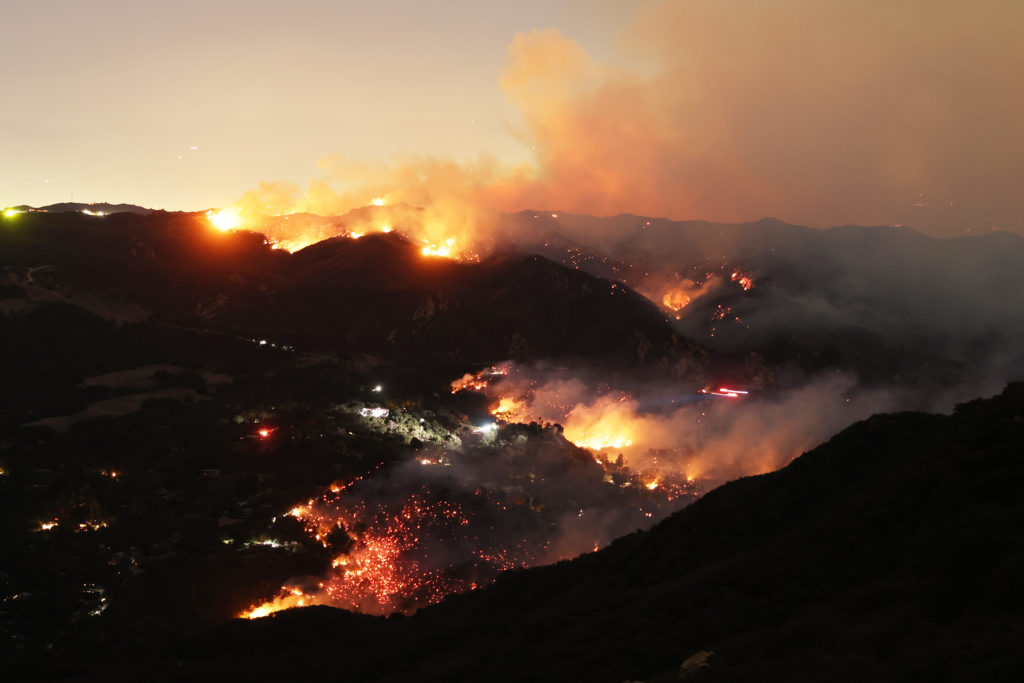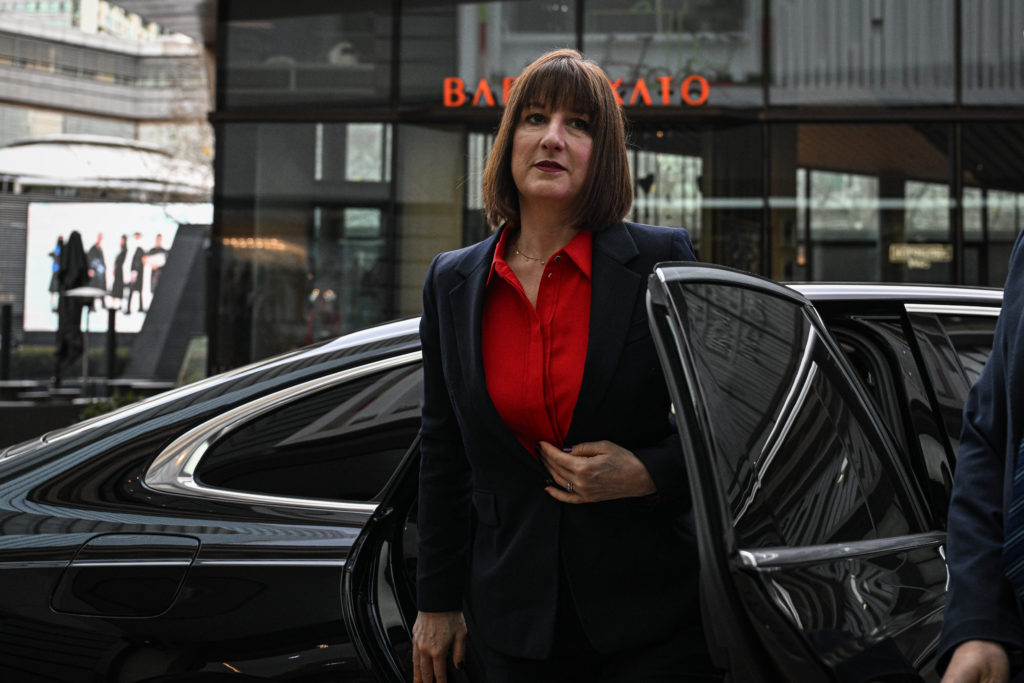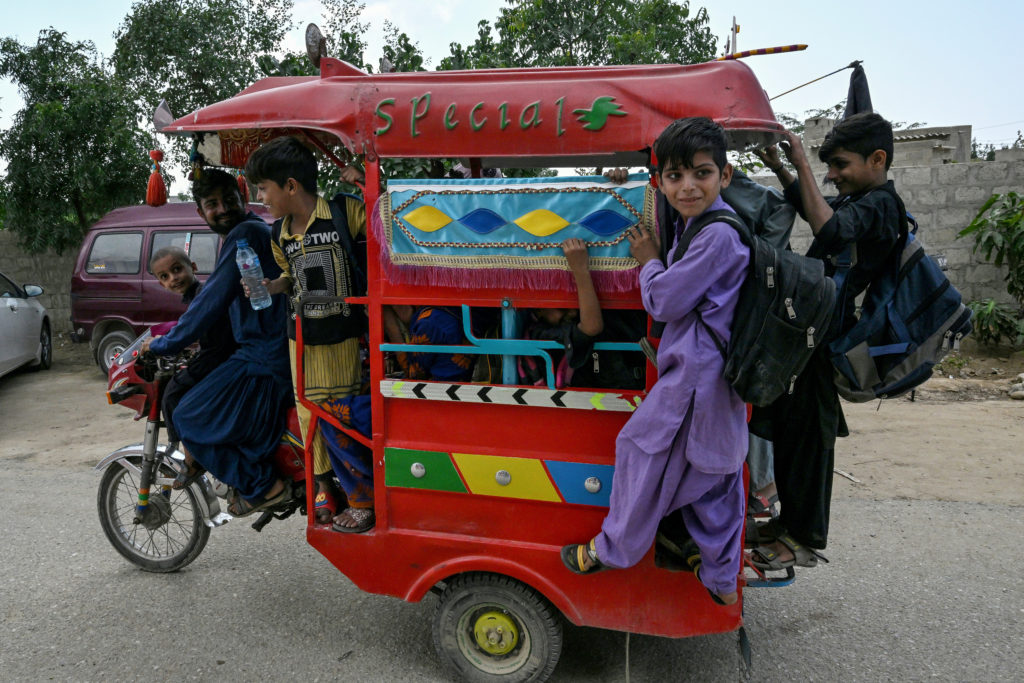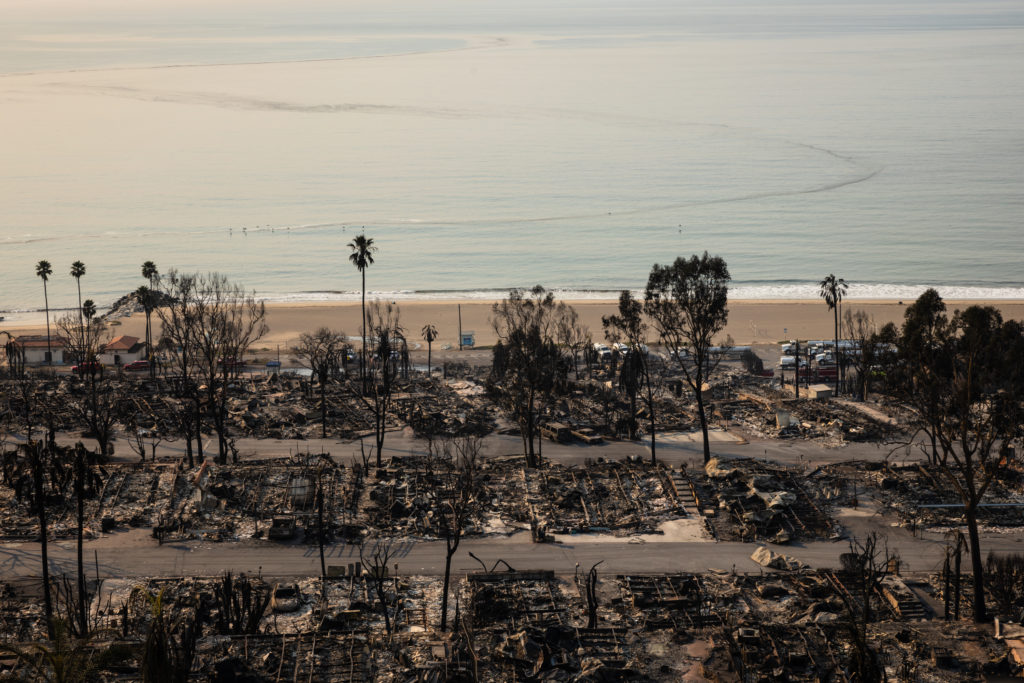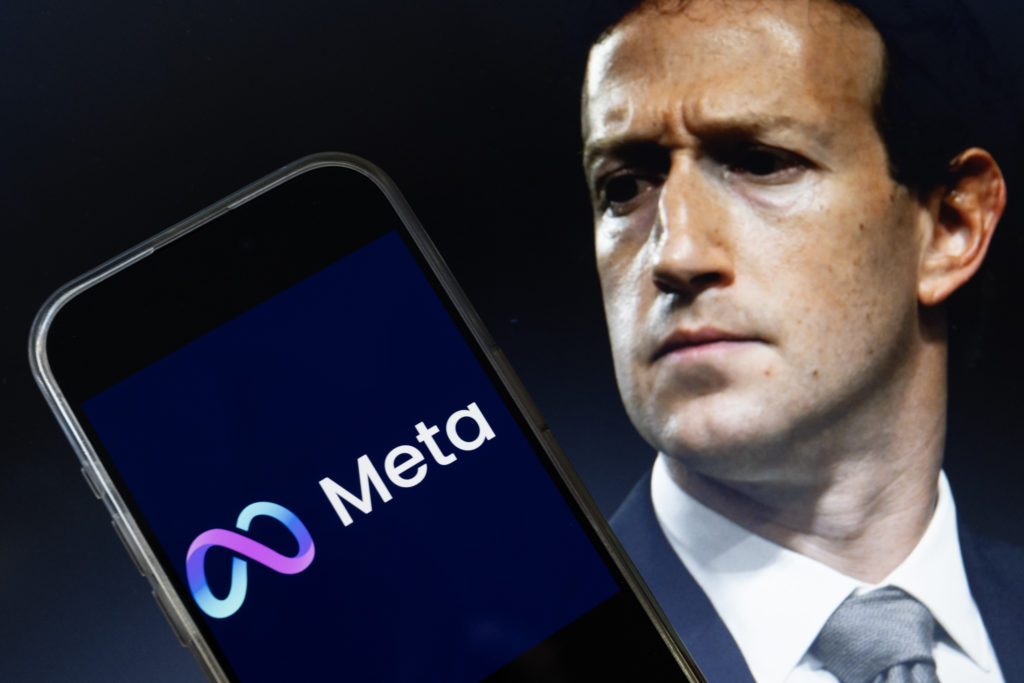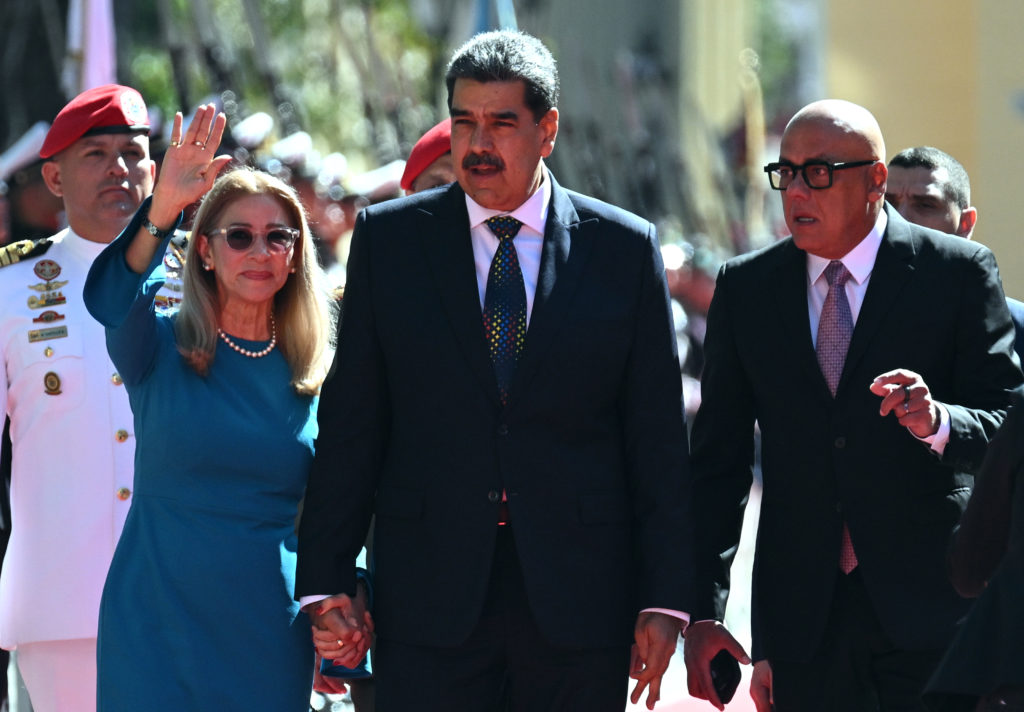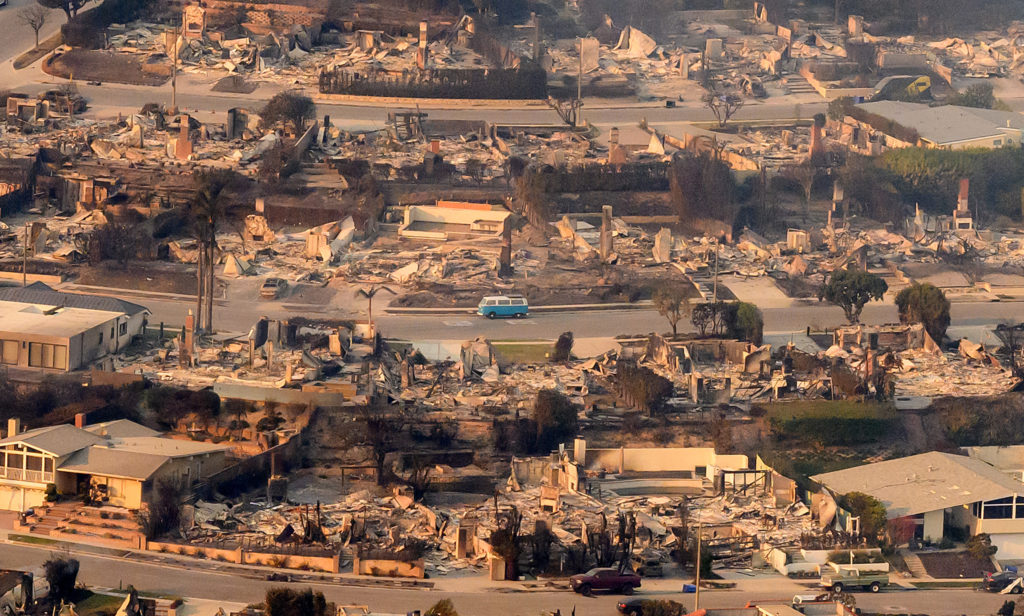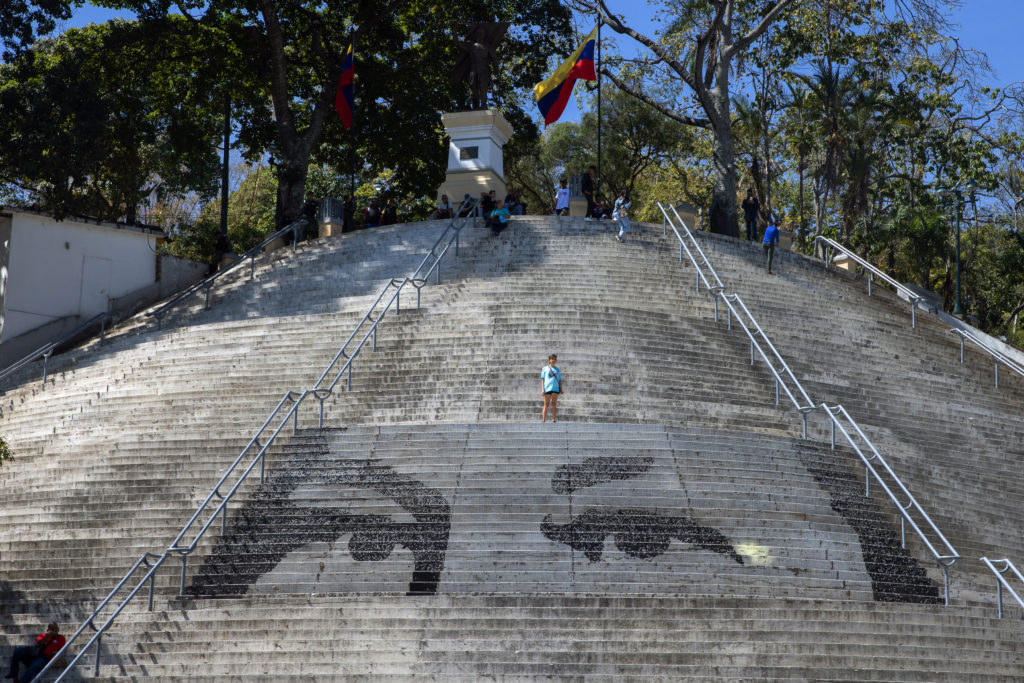This year’s Nobel Peace Prize will be presented Tuesday to Japan’s atomic bomb survivors’ group Nihon Hidankyo, which lobbies against the weapons now resurging as a threat 80 years after the Hiroshima and Nagasaki bombings.The three co-chairs of Nihon Hidankyo will accept the prestigious award during a ceremony starting at 1:00 pm (1200 GMT) in Oslo’s City Hall, at a time when states like Russia increasingly threaten to break the international taboo on the use of nuclear arms.”I do think that Mr. Putin’s statement about the potential use of nuclear weapons has brought us suddenly to a very severe situation of this threat,” co-chair Terumi Tanaka told AFP in an interview just hours before the ceremony.Russian President Vladimir Putin has repeatedly brandished the nuclear threat to prevail in the war in Ukraine, and signed a decree in mid-November lowering the threshold for using atomic weapons.In a strike on the Ukrainian city of Dnipro a few days later, the Russian army, which has the largest nuclear arsenal in the world, demonstratively fired a new hypersonic missile designed to be equipped with a nuclear warhead, though it wasn’t in this instance.Russian Foreign Minister Sergei Lavrov said Thursday that Moscow was ready to use “any means” to defend itself.Nihon Hidankyo works tirelessly to rid the planet of the weapons of mass destruction, relying on testimonies from survivors of Hiroshima and Nagasaki, known as “hibakusha”.The US bombings of the two Japanese cities on August 6 and 9, 1945 killed 214,000 people, leading to Japan’s surrender and the end of World War II.The bombings are the only times nuclear weapons have been used in armed conflict in history.- Burnt bodies -Tanaka was 13 years old when Nagasaki was bombed, the epicentre just three kilometres (1.8 miles) west of his home. Five members of his family were killed.He was upstairs reading a book when the A-bomb was dropped.”I heard the explosion and all of a sudden saw a bright white light, which surrounded everything and everything became silent,” he recalled.”I was really surprised. I felt my life in danger.”Rushing to the ground floor, he lost consciousness when two glass doors, blown out by the detonation, fell on him, though the glass did not break.”A miracle.”Three days later, he and his mother left in search of their relatives. That was when they realised the scope of the disaster.”When we reached a ridge over the hills, we could look down over the city and that was when, for the first time, we saw that there was absolutely nothing left. Everything was black and charred.”He saw gravely wounded people fleeing the city, burnt bodies on both sides of the road. He and his mother cremated his aunt’s body “with our own hands”. “I was numb, not able to feel anything.”- ‘Uphold nuclear taboo’ -For the West, the nuclear threat also comes from North Korea, which has increased its ballistic missile tests, and Iran, which is suspected of developing nuclear weapons though it denies this.Nine countries now have nuclear weapons: Britain, China, France, India, North Korea, Pakistan, Russia, the United States, and, unofficially, Israel.In 2017, 122 governments negotiated and adopted the historic UN Treaty on the Prohibition of Nuclear Weapons (TPNW), but the text is considered largely symbolic as no nuclear power has signed it.”It is crucial for humanity to uphold the nuclear taboo, to stigmatise these weapons as morally unacceptable,” the chairman of the Norwegian Nobel Committee, Jorgen Watne Frydnes, said on Monday.”To threaten with them is one way of reducing the significance of the taboo, and it should not be done,” he added.”And of course, to use them should never be done ever again by any nation on Earth.”This year’s Nobel prizes in the other disciplines — medicine, physics, chemistry, literature and economics — will be awarded at a separate ceremony in Stockholm.
Tue, 10 Dec 2024 11:36:56 GMT

